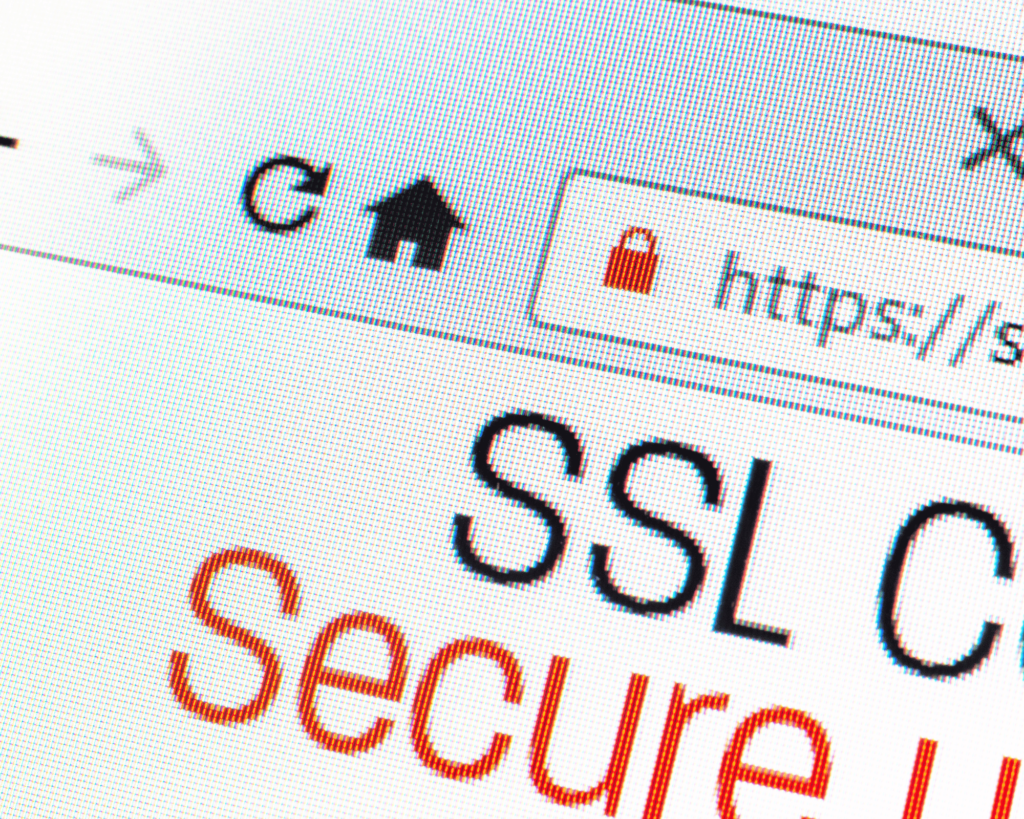Emsisoft, a renowned cybersecurity firm, has issued a security warning to its customers, alerting them that a hacker has been targeting users of Emsisoft security products by using fake code-signing certificates to impersonate the organization. The hacker’s goal is to breach networks and infect them with malware.
The attack, known as SSL spoofing, works by using fraudulent digital certificates to impersonate trusted entities. By doing so, attackers can trick users into trusting their malicious software, which can then steal sensitive information or infect the network with malware.
According to Emsisoft’s advisory, the unknown threat actor has been using fake Emsisoft certificates to target customers using its security products, hoping to bypass their defenses. The hacker has been successful in breaching networks, as their use of fraudulent certificates makes it easier for them to avoid detection.
Emsisoft believes that the hacker’s aim was to trick the customer into thinking any detections were a false positive and to allow the program to run. By using fake Emsisoft certificates, the hacker was able to create a false sense of security and deceive users into thinking that the malware was legitimate.
The attack is concerning because Emsisoft is known for its rigorous security protocols and its ability to detect malware effectively. However, with hackers using sophisticated techniques, such as SSL spoofing, it is becoming increasingly difficult to prevent breaches.
Emsisoft has not disclosed the identity of the customer that was targeted by the hacker or the extent of the damage caused by the breach. However, the cybersecurity firm has urged all customers to be vigilant and to take necessary precautions to protect their networks.
SSL spoofing is a common technique used by cybercriminals to breach networks and steal sensitive information. The technique works by tricking users into thinking that they are visiting a legitimate website or using a legitimate application. Cybercriminals can then intercept the data being transmitted, steal sensitive information, or infect the network with malware.
To prevent SSL spoofing attacks, experts recommend using digital certificates signed by reputable Certificate Authorities (CAs) and implementing strict security protocols. In addition, organizations should regularly update their security systems and train employees on best security practices to reduce the risk of human error.
Emsisoft has been recognized for its excellent endpoint protection capabilities, and its products have been awarded the VB100 certification for their effectiveness in protecting against malware. However, the recent attack highlights the need for continuous improvement and vigilance in the ever-evolving threat landscape of cybersecurity.
SSL spoofing attacks are becoming more sophisticated, and cybercriminals are using new techniques to breach networks and steal sensitive information. As such, it is essential for organizations to stay up to date with the latest security threats and to implement robust security protocols to protect their networks.
In conclusion, the recent attack on Emsisoft’s certificates is a reminder of the importance of maintaining strict security protocols and using reputable security solutions to protect against SSL spoofing attacks. With cybercriminals constantly evolving their tactics, it is essential for organizations to remain vigilant and take necessary precautions to protect their networks from security breaches.

